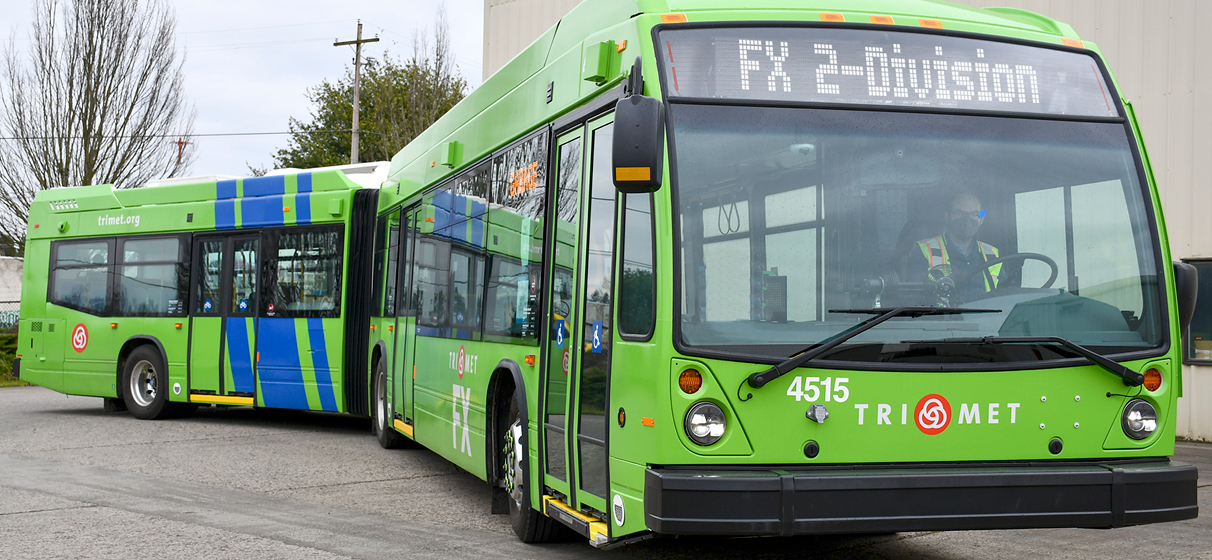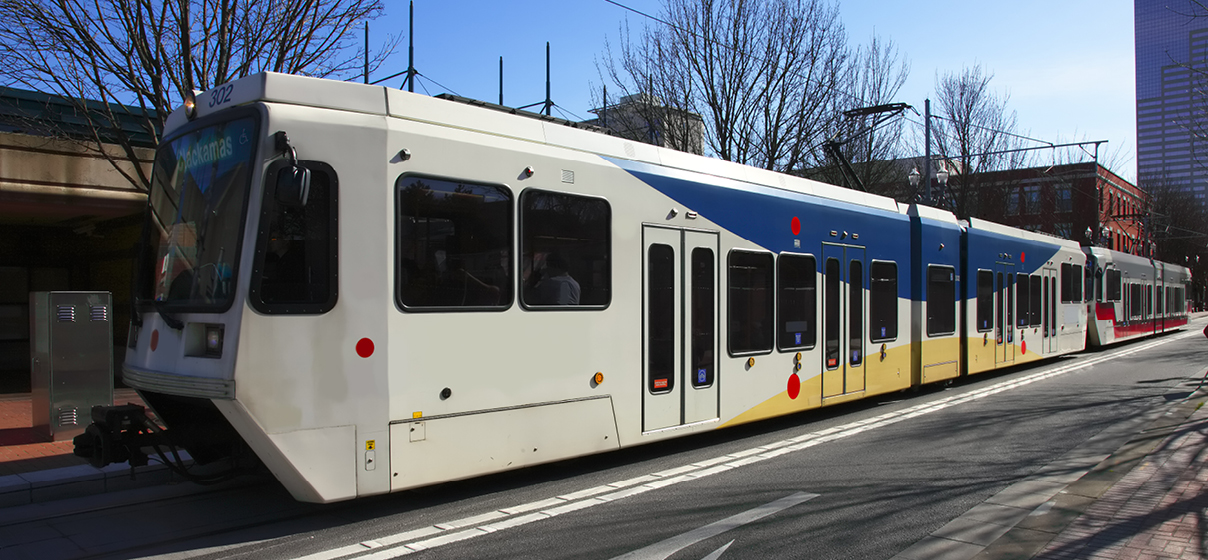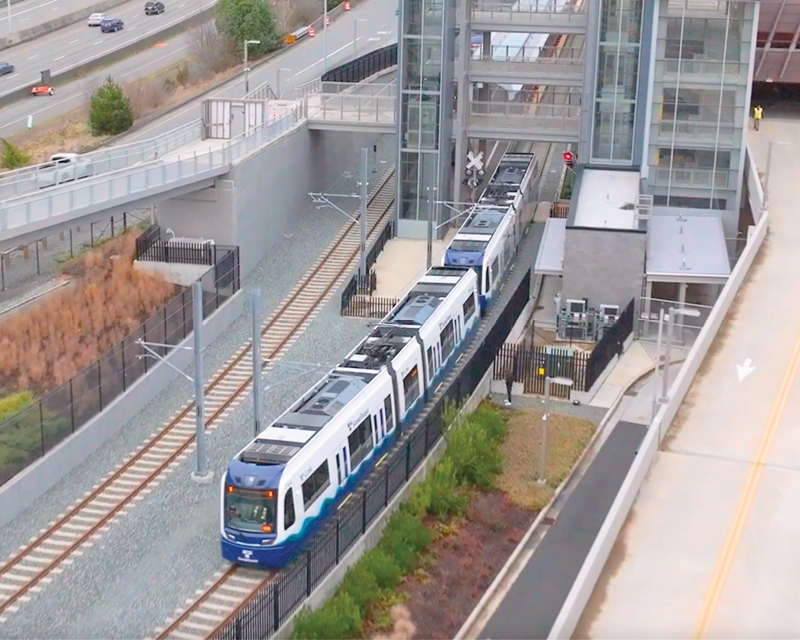PORTLAND, OR – STV, a leading professional services firm that plans, designs and manages infrastructure projects across North America, today announced two new contracts with Tri-County Metropolitan Transportation District of Oregon (TriMet). TriMet selected STV to enhance safety and security throughout its transit network by developing an operations plan for its new Security Operations Center (SOC); and separately, STV will help expand TriMet’s cloud-based Transit Signal Priority (TSP) system, a tool that prioritizes buses and light rail vehicles at traffic signals to improve traffic flow and transit on-time performance.
Enhancing Security Across the TriMet System
In partnership with TriMet, STV is creating a concept of operations (CONOPS), a dynamic framework for how the security center functions within TriMet’s entire system. As part of the CONOPS, STV is helping TriMet integrate the new incident management software with the agency’s overall operations. The agency’s fleet of buses, light rail and commuter rail provides 1.3 million rides weekly in the greater Portland metropolitan area.
“We’re thrilled to build on our decade-long partnership with TriMet as the agency expands both its security operations and a future system-wide, next generation TSP,” said Adrian Pearmine, western director of mobility technologies at STV. “Our local team’s deep understanding of TriMet’s transit system, coupled with our expertise with security and advanced transit technology, will help create more safe, efficient and reliable transit options for riders.”
Over the past three years, TriMet has increasingly invested in safety and security initiatives, hiring more personnel, partnering with community groups, installing security cameras and improving lighting at stations, transit centers and Park & Rides. TriMet recently announced an increase in its approval ratings, attributing it to the agency’s enhanced safety, security and cleanliness measures on board and at stations.
Implementing an Intelligent Signal System for TriMet
As a subconsultant to DKS Associates, STV is also supporting the transition from infrared transit signaling system used by TriMet in some locations to a centralized, cloud-based TSP, an Intelligent Transportation System (ITS) solution that leverages optimized signal timing and real-time communications for the agency’s buses and transit vehicles. The system will be implemented over several years along major TriMet corridors and routes.
While TriMet is currently using its next generation TSP for their bus rapid transit line, the agency seeks to expand this technology to the agency’s light rail fleet. The Federal Highway Administration (FHWA) recently awarded TriMet a $2.4 million Advanced Transportation Technology and Innovation (ATTAIN) program grant for its Cloud Connectivity for Light Rail Vehicles initiative. STV will support this expansion, aimed at addressing safety, economic vitality and air quality challenges.
In addition to the two new contracts, STV is already providing a range of professional services for TriMet’s replacement of 12 traction power substations along its Metropolitan Area Express (MAX) Blue Line.
STV has a strong local presence in the Pacific Northwest with two principal offices in the Portland and Seattle metropolitan areas and decades of experience collaborating with TriMet, Sound Transit and the Washington State Department of Transportation (WSDOT) to help create more efficient, user-friendly and environmentally sustainable transportation networks. STV’s signature projects in the region include the Tilikum Crossing, Burnside Bridge, Sound Transit’s East Link, Northgate Link and Lynnwood Link extensions and Cascadia Ultra-High-Speed Rail.







